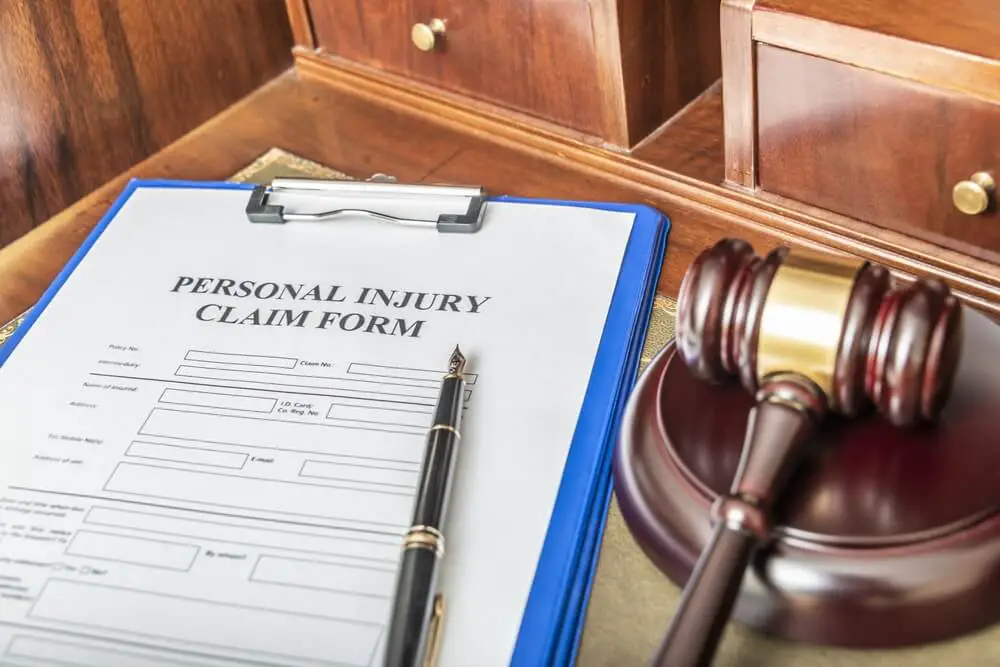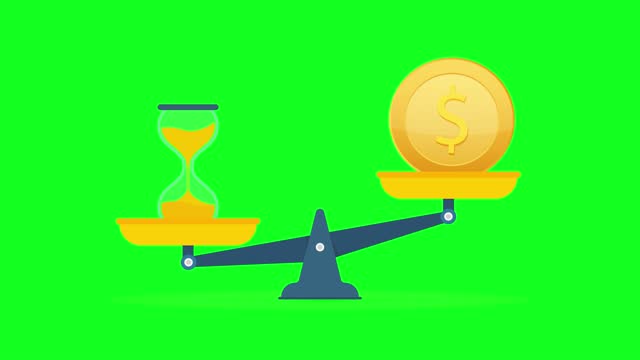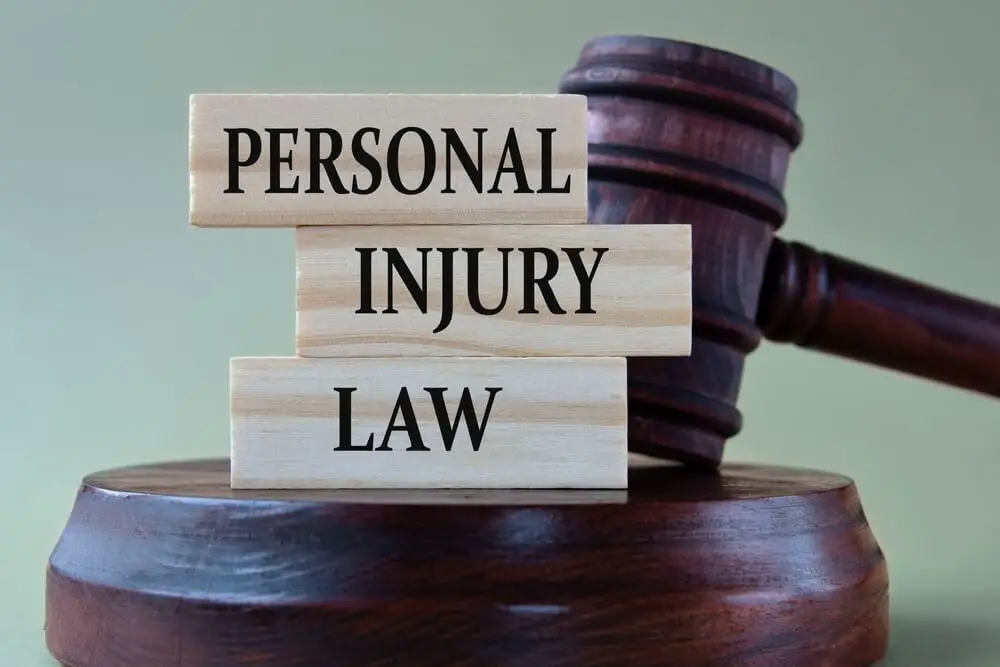In today’s world, accidents and injuries are unfortunately common occurrences. Whether it’s a car accident, a slip and fall incident, or medical malpractice, navigating the legal process can be overwhelming for those who have suffered injuries. Understanding the ins and outs of injury law is crucial for anyone facing such a situation. In this article, we will delve into the various aspects of the injury law process, from the initial steps to seeking compensation and everything in between.
Introduction to Injury Law
When it comes to personal injuries, the legal landscape can be complex. Injury law encompasses a wide range of cases, including but not limited to, automobile accidents, workplace injuries, product liability, and medical malpractice. The primary objective of injury law is to ensure that victims receive compensation for the damages they have suffered due to the negligence or wrongdoing of others. Having a basic understanding of injury law and the legal process is essential for anyone involved in such cases.
Types of Personal Injuries
Personal injuries can occur in various situations, each requiring a unique approach to legal proceedings. Some common types of personal injuries include:
- Car Accidents: Accidents involving automobiles are among the leading causes of personal injuries. Whether it’s a minor fender-bender or a severe collision, victims of car accidents may be entitled to compensation for medical expenses, lost wages, and pain and suffering.
- Slip and Fall Incidents: Slip and fall accidents can happen anywhere, from public sidewalks to private properties. Property owners have a legal obligation to maintain safe premises, and they may be held liable for injuries resulting from negligence.
- Medical Malpractice: When healthcare professionals fail to provide a standard level of care, patients may suffer injuries or harm. Medical malpractice cases can be highly complex and may involve multiple parties, including doctors, hospitals, and pharmaceutical companies.
Steps to Take After an Injury
After sustaining an injury, taking prompt and appropriate action is crucial to protect your rights and ensure fair compensation. Here are some essential steps to take:
- Seeking Medical Attention: Your health and well-being should be your top priority. Even if your injuries seem minor, it’s important to seek medical attention immediately. Delaying treatment could worsen your condition and weaken your case.
- Documenting the Incident: Keep detailed records of the incident, including photographs, witness statements, and any relevant documents. This information will be valuable evidence if you decide to pursue legal action.
- Reporting the Injury: Depending on the circumstances, you may need to report the injury to the appropriate authorities or organizations. For example, in the case of a workplace injury, you should report the incident to your employer as soon as possible.
Consulting with an Attorney
Navigating the legal process can be daunting, especially when dealing with injuries and medical bills. Consulting with an experienced personal injury attorney can provide invaluable guidance and support. An attorney can assess the merits of your case, explain your legal rights, and help you navigate the complexities of the legal system.
Filing a Personal Injury Claim
If you decide to pursue legal action, the first step is filing a personal injury claim. This involves submitting a formal complaint outlining the details of the incident and the damages you have suffered. Your attorney will assist you in gathering evidence, preparing legal documents, and negotiating with the opposing party.
Negotiation and Settlement
In many personal injury cases, parties may attempt to reach a settlement out of court. Negotiating a settlement can be a complex process that requires careful consideration of various factors, including the extent of your injuries, the amount of damages, and the strength of your case. Your attorney will advocate on your behalf and strive to secure a fair and reasonable settlement.
Litigation Process
If a settlement cannot be reached through negotiation, the case may proceed to litigation. This involves presenting evidence and arguments in court before a judge or jury. The litigation process can be lengthy and costly, but it may be necessary to achieve a favorable outcome in certain cases.
Compensation for Damages
In personal injury cases, compensation, also known as damages, may be awarded to the injured party to cover various losses and expenses. Types of compensation may include:
- Medical Expenses: Compensation for past and future medical treatment related to the injury.
- Lost Wages: Reimbursement for wages lost due to the injury, including future earning capacity.
- Pain and Suffering: Compensation for physical pain, emotional distress, and loss of enjoyment of life.
Legal Rights and Responsibilities
Understanding your rights and responsibilities is essential when navigating the injury law process. This includes knowing the deadlines for filing claims, cooperating with your attorney, and adhering to any legal obligations that may arise during the course of your case.
Importance of Timeliness
Injury claims are subject to statutes of limitations, which are strict deadlines for filing lawsuits. Failing to file a claim within the applicable statute of limitations could result in the loss of your right to seek compensation. It’s crucial to act promptly and seek legal advice as soon as possible after sustaining an injury.
Avoiding Common Mistakes
When pursuing a personal injury claim, it’s important to avoid common pitfalls that could jeopardize your case. Some common mistakes to avoid include providing inaccurate information, delaying medical treatment, and communicating directly with insurance companies without legal representation.
Role of Evidence in Injury Cases
Evidence plays a critical role in personal injury cases, as it helps establish liability and quantify damages. Types of evidence may include medical records, witness statements, photographs, and expert testimony. Collecting and preserving evidence early in the process can significantly strengthen your case.
Handling Insurance Issues
Dealing with insurance companies can be challenging, as they often prioritize their own interests over those of the injured party. If you encounter issues such as claim denials or low settlement offers, it’s essential to seek legal assistance to protect your rights and maximize your recovery.
Emotional and Psychological Impact
In addition to physical injuries, accidents and injuries can have a profound emotional and psychological impact on victims and their families. Coping with the aftermath of an injury may require professional support and counseling to address trauma, anxiety, and depression.
Conclusion
Navigating the injury law process can be a complex and daunting task, especially for those who are unfamiliar with the legal system. However, with the right guidance and support, injured individuals can seek justice and fair compensation for their losses. By understanding the steps involved in the legal process, consulting with experienced attorneys, and advocating for their rights, victims can navigate the complexities of injury law with confidence and perseverance.
FAQs
- Do I need an attorney to file a personal injury claim?
- While you can technically file a claim on your own, having an experienced attorney by your side can significantly improve your chances of success and ensure you receive fair compensation.
- How long do I have to file a personal injury lawsuit?
- The statute of limitations for personal injury claims varies by state and the type of injury. It’s crucial to consult with an attorney as soon as possible to ensure you don’t miss any deadlines.
- What if I can’t afford an attorney?
- Many personal injury attorneys work on a contingency fee basis, meaning they only get paid if you win your case. Additionally, some attorneys offer free consultations to discuss your case and determine the best course of action.
- What factors affect the value of my personal injury claim?
- Several factors can influence the value of your claim, including the severity of your injuries, the extent of your medical expenses, the impact on your earning capacity, and the degree of negligence on the part of the defendant.






Leave a Reply